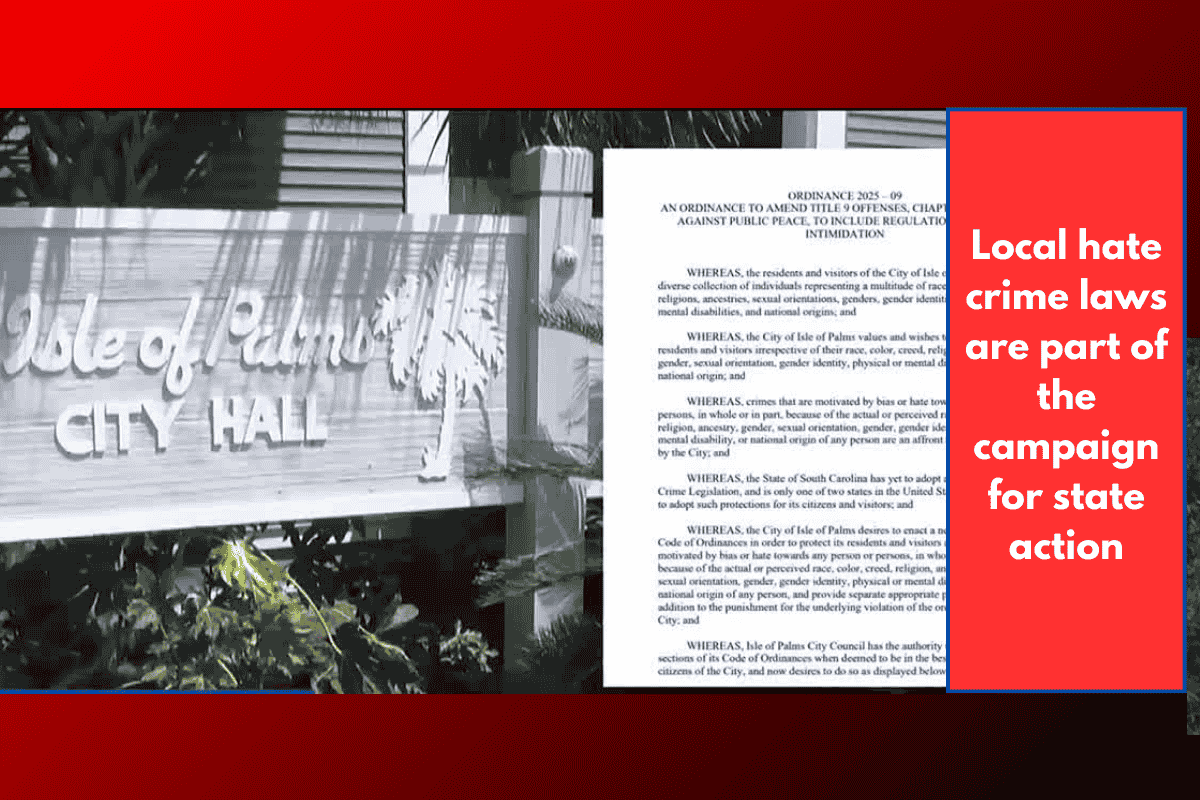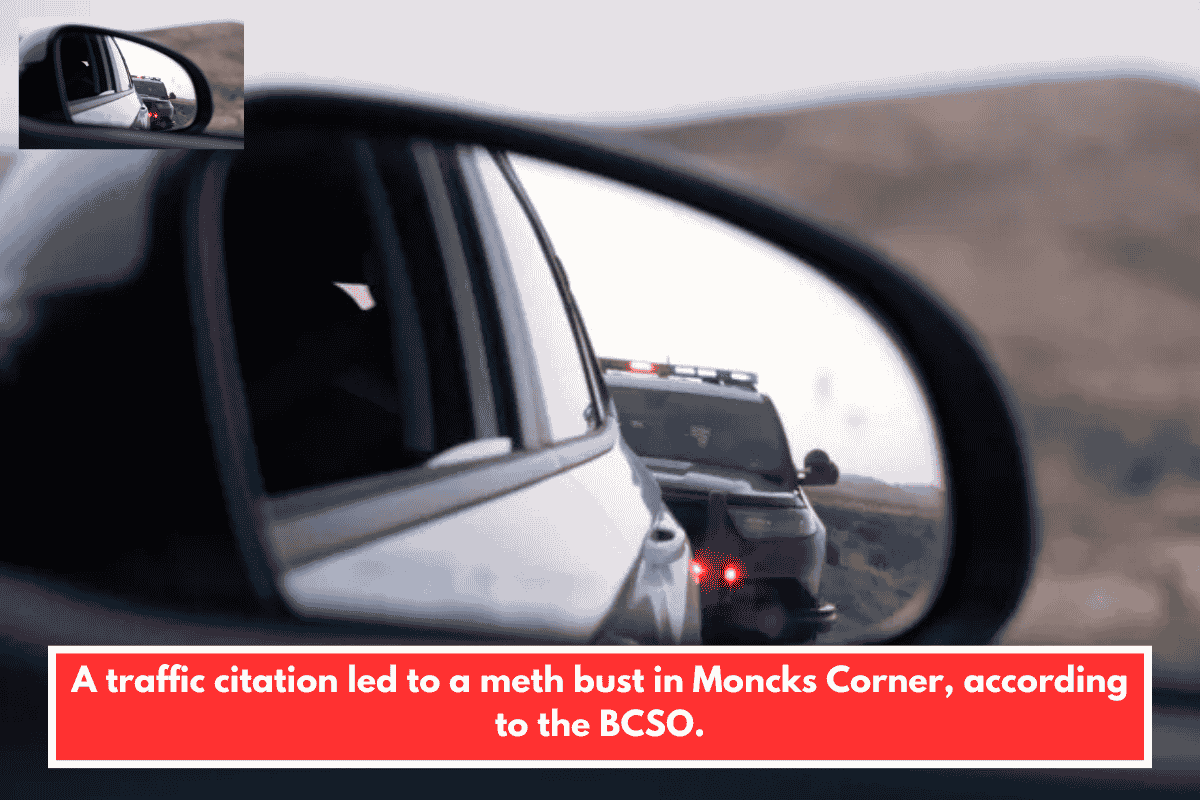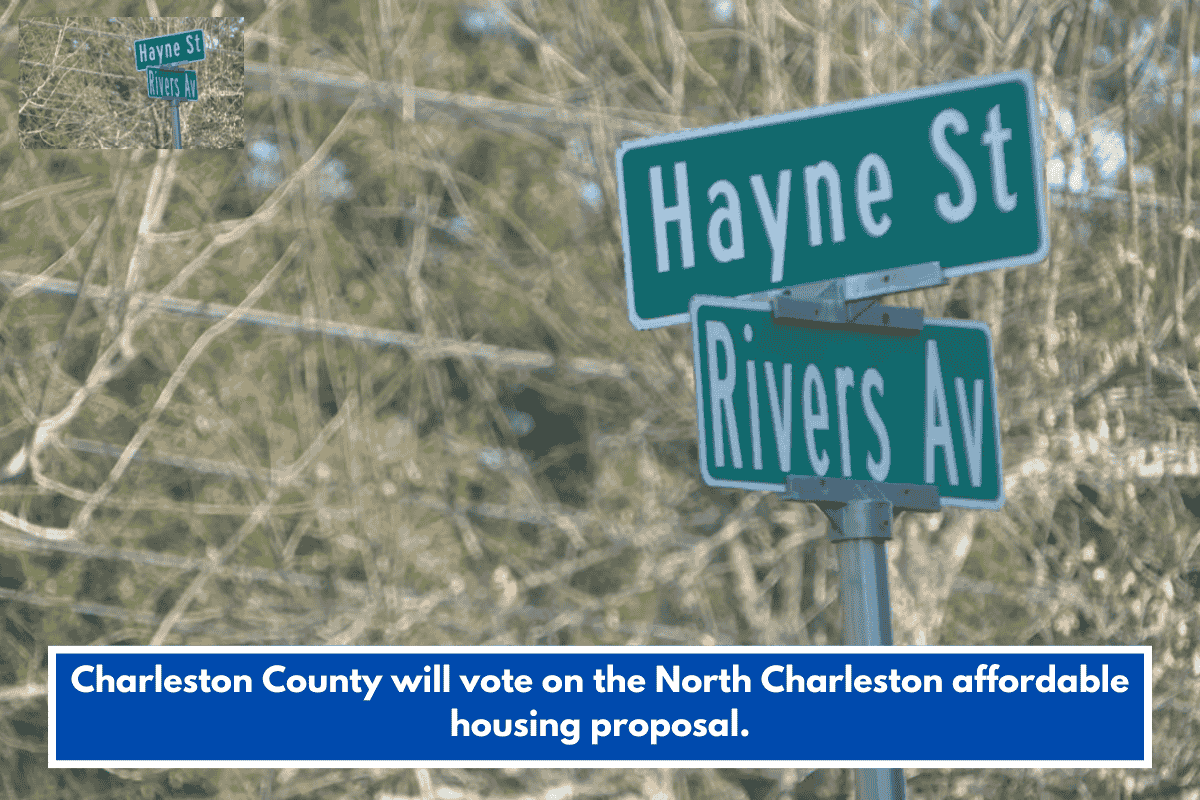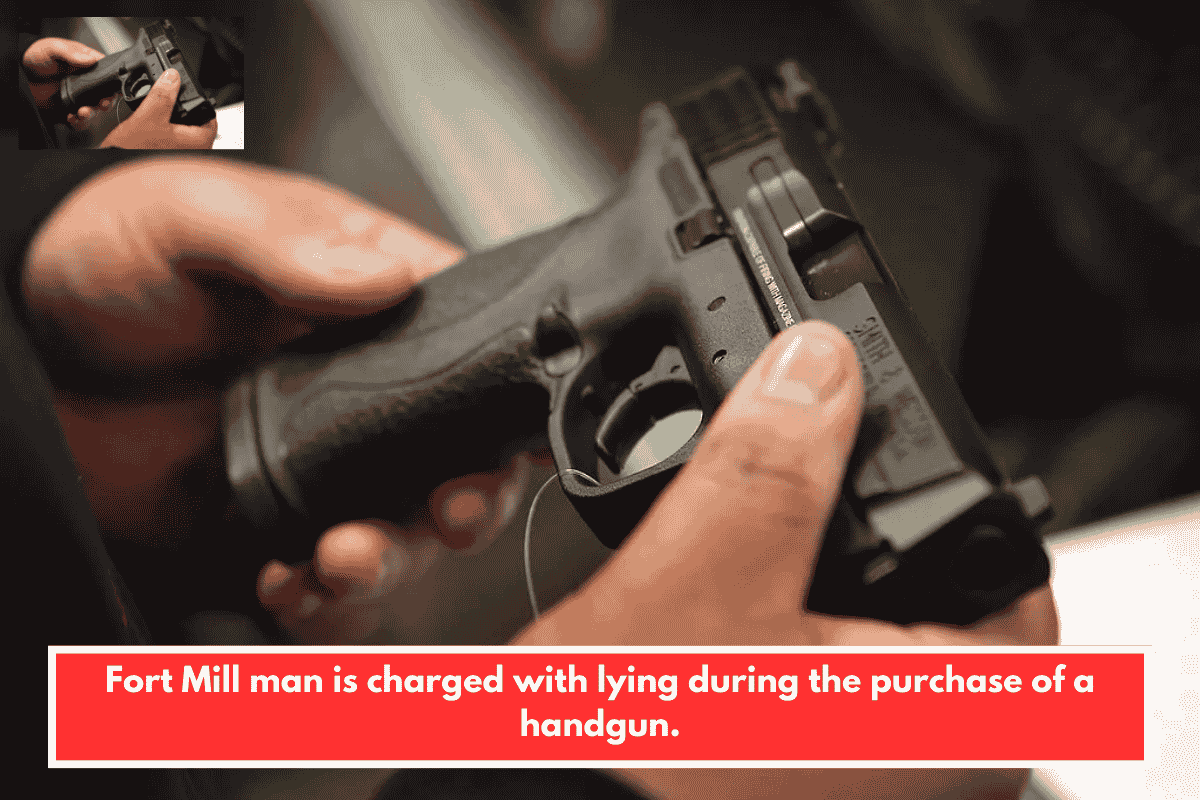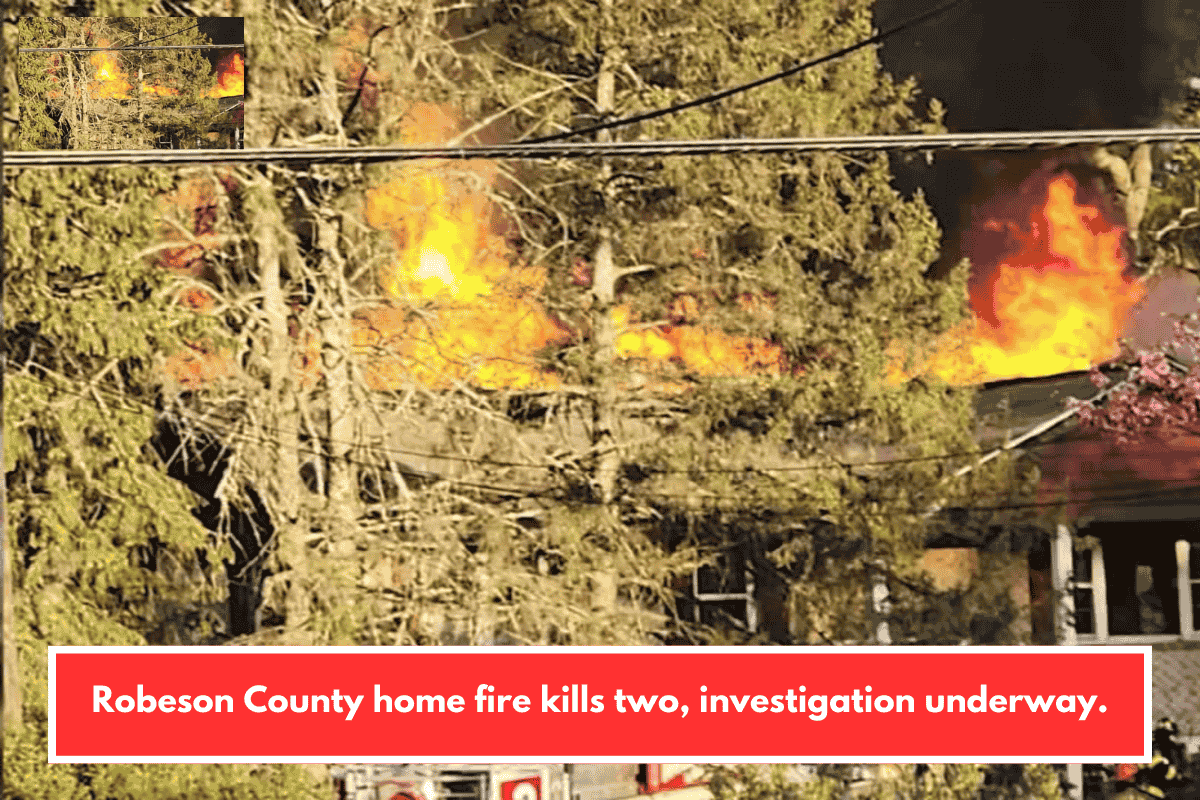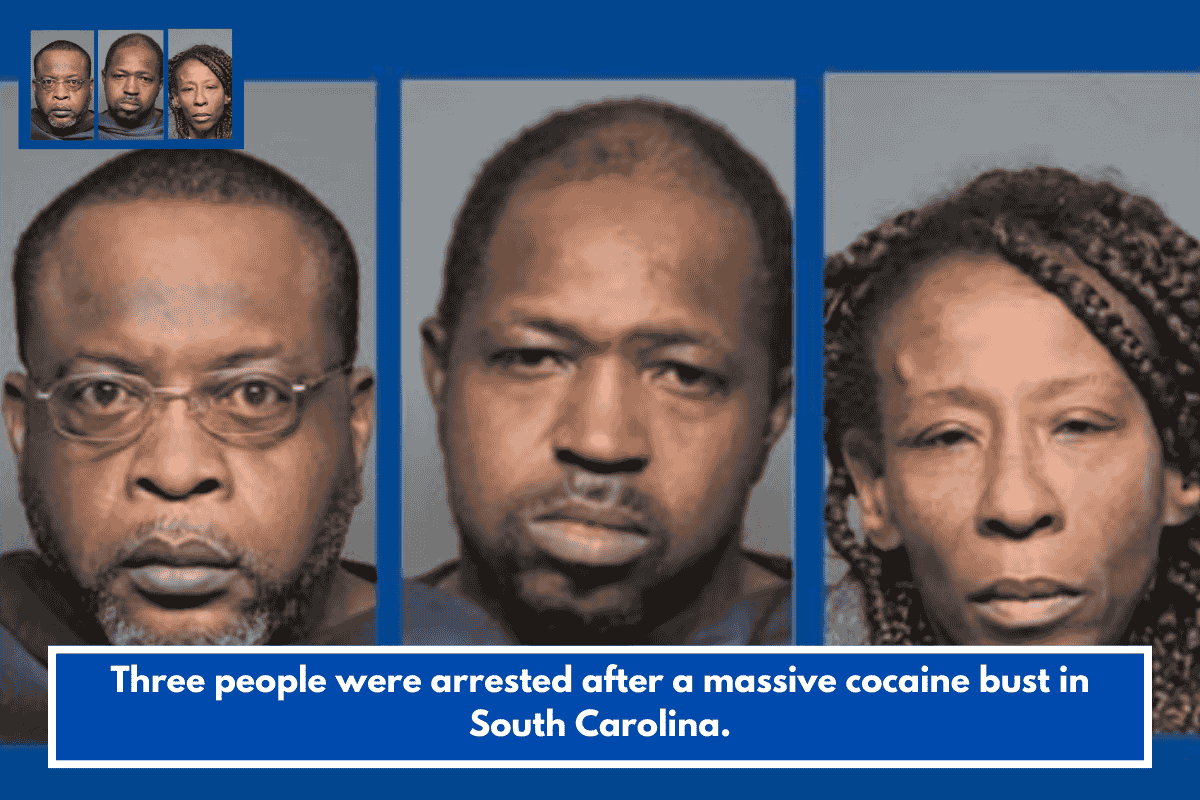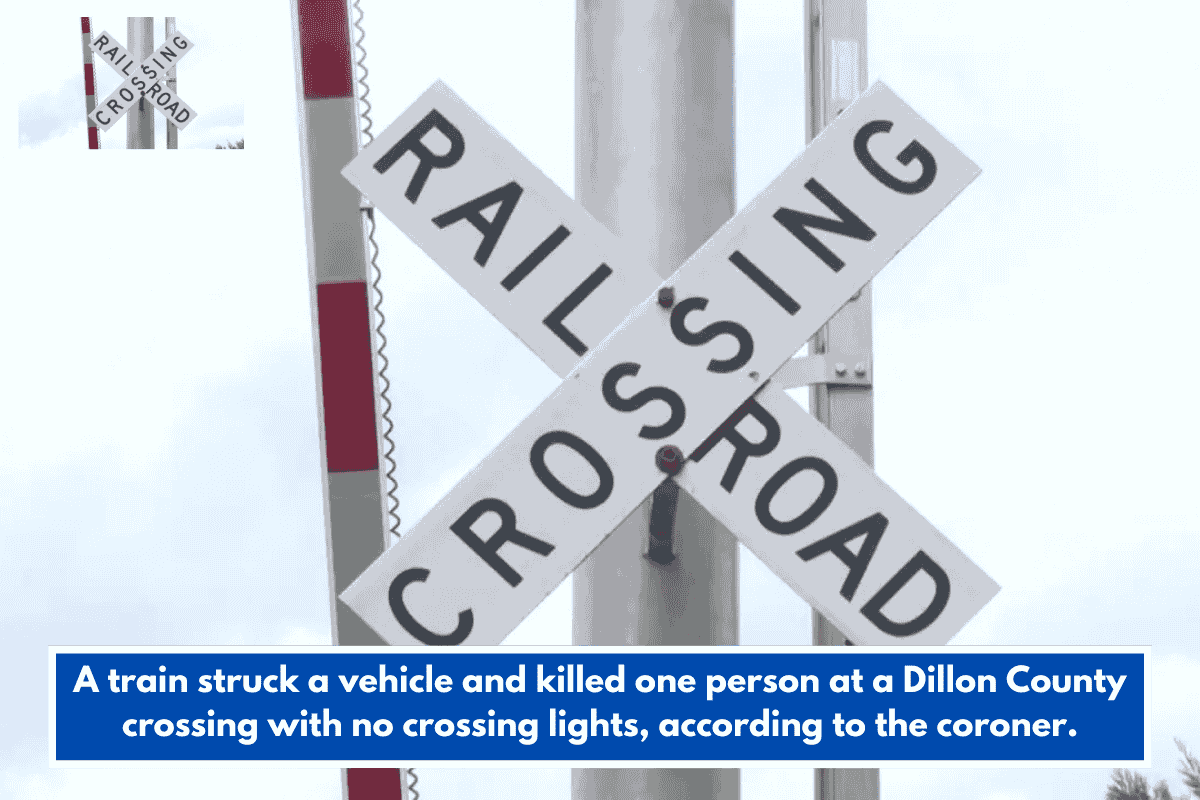Charleston, S.C. – South Carolina is one of only two states without a statewide hate crime law, and while state-level legislation has stalled, local governments in the Lowcountry are taking matters into their own hands. In late August, Isle of Palms passed a local hate crime ordinance, while Charleston County failed to pass a similar measure by just one vote.
Isle of Palms Takes Action
The Isle of Palms ordinance, which makes hate crimes a misdemeanor punishable by up to $500 in fines and 30 days in jail, aims to address incidents motivated by hate in the community. Isle of Palms Mayor Phillip Pounds expressed his support, saying, “From my seat, I just don’t think there’s a downside to pass something like this.”
Though the issue of hate crimes is seen as a state-level matter, Pounds acknowledged that local governments needed to take action, especially after the failure of similar state legislation. “A couple of years ago, we passed a resolution to encourage our state to pass hate crime legislation because this is a state-level issue and should be. That kind of fell on deaf ears,” Pounds said.
Statewide Efforts Continue
State Rep. Wendell Gilliard, who has worked for nearly a decade to pass a statewide hate crime law, has pre-filed the legislation multiple times. Despite the ongoing struggle, Gilliard is hopeful that local momentum will help push the bill through the next legislative session.
“We knew we were going to adjourn, so we wanted to keep the momentum up,” said Gilliard. “We wanted to get to the counties and the local municipalities to go ahead and pass resolutions, but more importantly, get with the counties to pass the ordinances.”
The Case for Statewide Legislation
Gilliard stressed the need for a statewide law to expedite the handling of hate crime cases and to ensure that proper resources are allocated where necessary. “We can’t be waiting on the federal government. We have to have our own in-house law so we can act,” he said.
Currently, Wyoming is the only other state in the U.S. without a hate crime law. Gilliard hopes the growing support from local governments will send a clear message to the statehouse.
Local Support Growing
Despite Charleston County’s recent setback, Gilliard sees the passage of Isle of Palms’ ordinance as a victory and an indicator of public support. “The message should come from the bottom up,” said Gilliard. “The people are now talking. They want a hate crime law here in the state of South Carolina.”
As the state legislative session resumes in January, advocates hope the growing local momentum will pressure lawmakers to finally pass a statewide hate crime law, aligning South Carolina with the 48 other states that have such laws in place.

